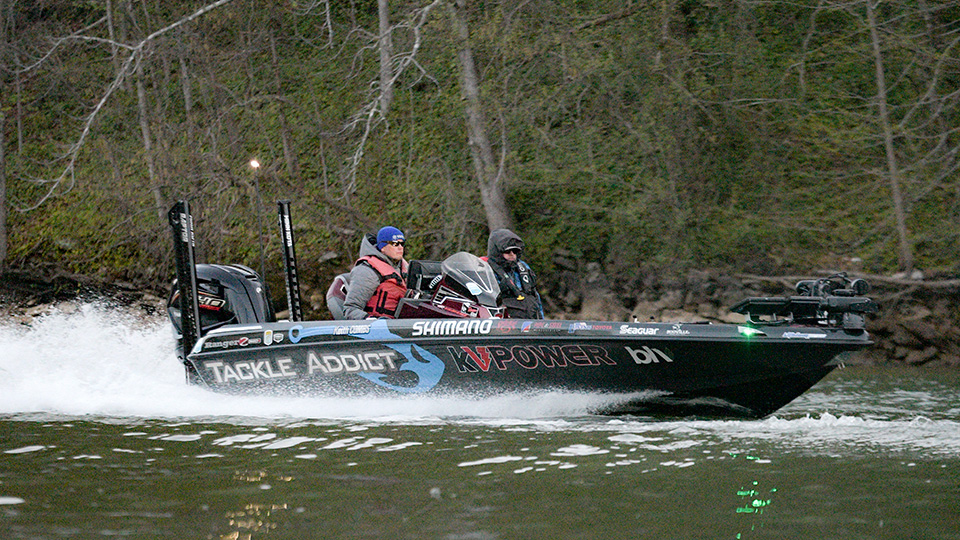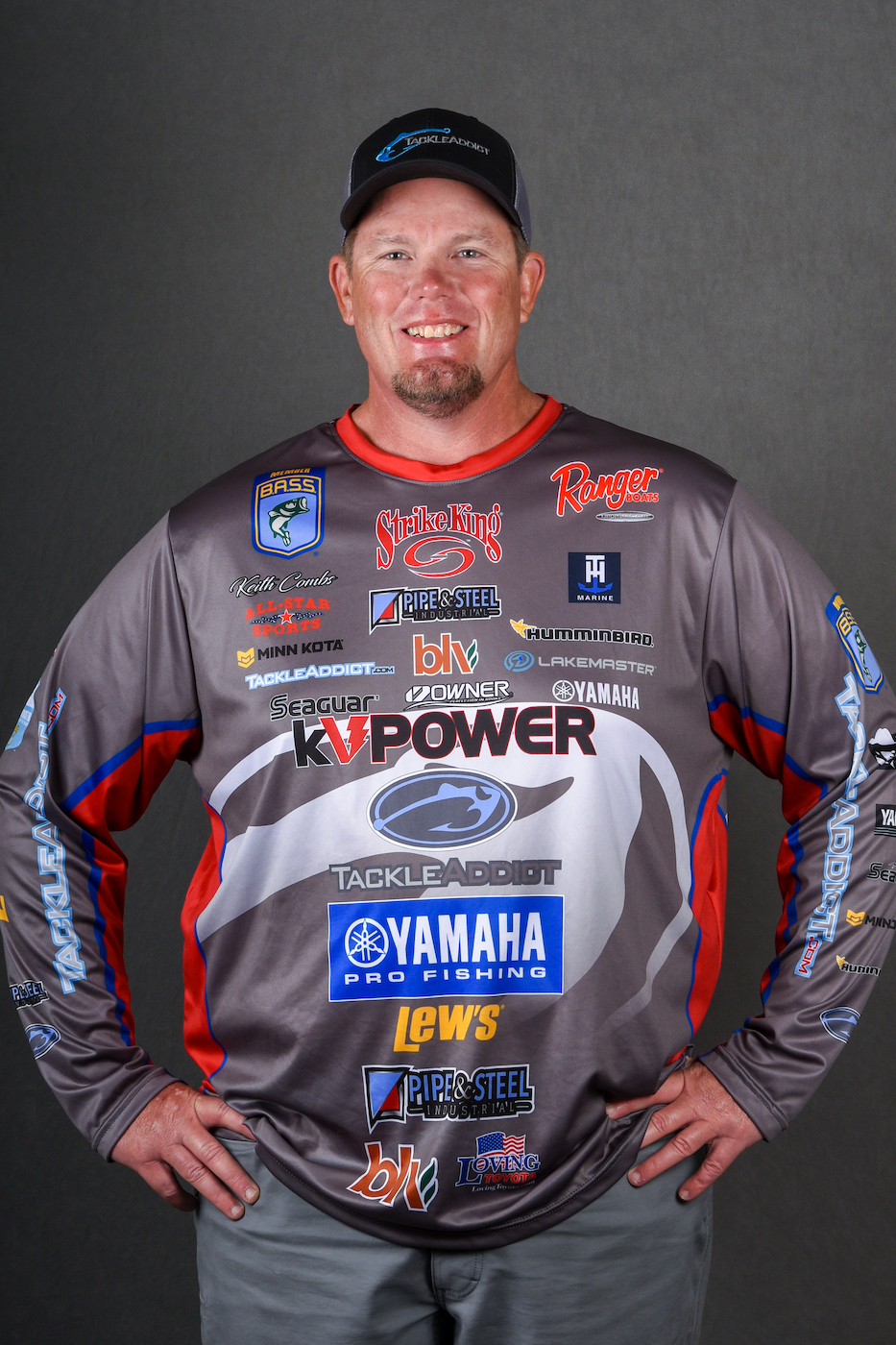
When I was in high school back in the early 1990s, Lake Fork was on fire. It had just produced the state record, and shortly thereafter it pumped out four bass over 17 pounds in quick succession. More teen-class fish showed up regularly. When I made my first trip to the lake I had never seen a 12- or 13-pound bass, but several of the tackle stores had them in their tanks.
It was an incredible period of time, but unlike some other lakes that peak and then fade away, Fork is still an incredible fishery three decades later. Yes, it cycles up and down a bit, but for a lake that is small by tour-level standards and so close to major population centers, it’s still one of the best fisheries anywhere.
That excellence should be evident when the Bassmaster Elite Series hits the lake this week. Last year, we were treated to Lee Livesay’s incredible performance, where he caught 42-03 on the last day to easily top 100 pounds. In 2020, Patrick Walters likewise joined the Century Club. In 2019, Brandon Cobb earned his belt the same way. So you can see, it’s not a rare occurrence, regardless of when we go there.
In 2014, I caught 110 pounds — in just three days — so I personally know what the lake can produce. It might not take 100 this week. The winning weight could be “only” 90 pounds, but it could just as easily be 120 or more.
While the weights are still exceptional, the lake is not the same as when I first fished there. Back then, it looked like the textbook bass lake with matted hydrilla and tons of standing timber. With the current low water conditions, we’ll see some of that timber this week, but it’s not quite as thick or as tall everywhere.
The one thing that remains the same is how well it is managed. Texas does a great job with all of their fisheries, and the slot limit on Fork means the big ones get returned to be caught again. Also, the lake has one of the densest populations of shad I’ve ever seen anywhere. There are also big populations of crappie and yellow bass, so as the largemouth get bigger, they have other options to feed on.
All of this taken together means that whoever wins is going to have to have a perfect week. You have to find the right fish and execute flawlessly. You also have to find something a little bit off the beaten path — this is one tournament that won’t be won with seven guys fishing the same school.
At this point in time, almost all of us have been there, and we all have access to the same great electronics. Most of the key areas and even subtle spots have been exposed. That means you have to be more creative to catch them. It also means that you have to use your time, in both practice and the tournament, wisely.
I’ve spent enough time on Fork that I’m well acquainted with certain areas where I know fish will be caught. I don’t need to practice those if I know that I will check them during the tournament. That’s especially true for the stuff that’s not super obvious. I might visit and graph it if there’s nobody else in the area, but I really don’t want to be seen on them. I don’t want to set the hook on a bunch of big fish I might need in the tournament.
Once competition starts, it’s a matter of feeling things out, getting a few bites and then rolling with it. If you try to fish this tournament in a scripted manner you’re going to get burned. There are too many variables to take into account. The good news is that it’s possible to get healthy in a hurry, to go from nothing to 30 pounds in five casts. That’s the promise of one of the world’s best fisheries, and I’m prepared to be patient in my hunt for the right quality fish.

